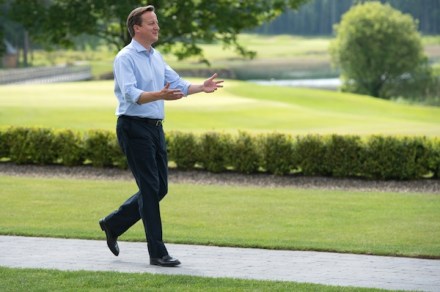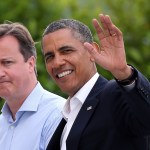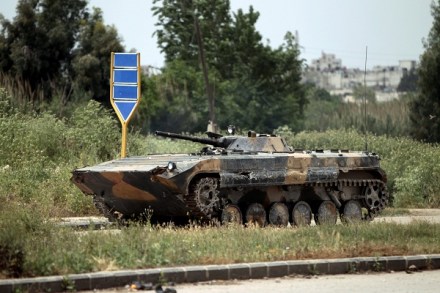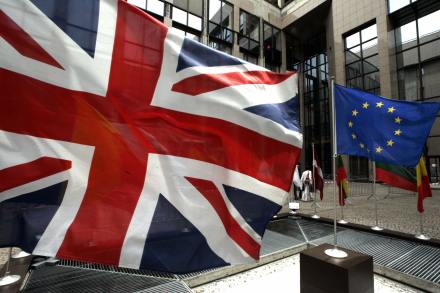An improvement on Lord Finkelstein’s Syria analogy
As Freddy Gray points out, Danny Finkelstein has wheeled out a very odd argument in the Times today (£), in favour of intervention in Syria. We are all subject to ‘omission bias’ says Finkelstein, and uses an example from Scorecasting, a sports psychology book — of the sort most bought by men who can’t catch. Here’s the example: ‘Lets say there’s a disease that kills ten in every 10,000 kids, and a vaccine that protects agains the disease, but kills five in every 10,000. Would you let the doctor inoculate your kid?’ asks Finkelstein. The fact that most people say no, is an example of how prone to ‘Omission Bias’ we are. We’d





















